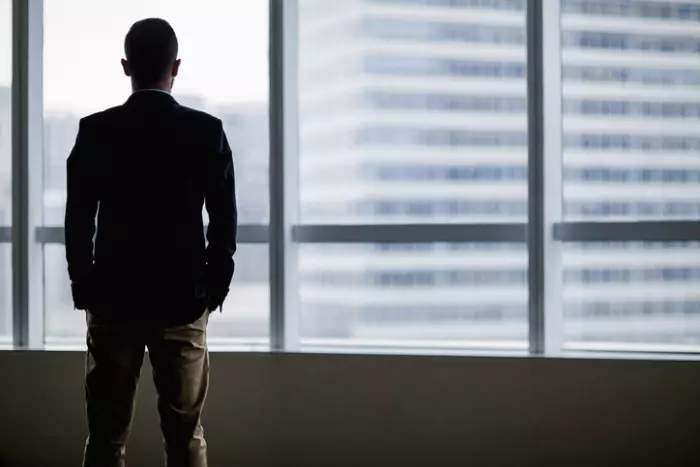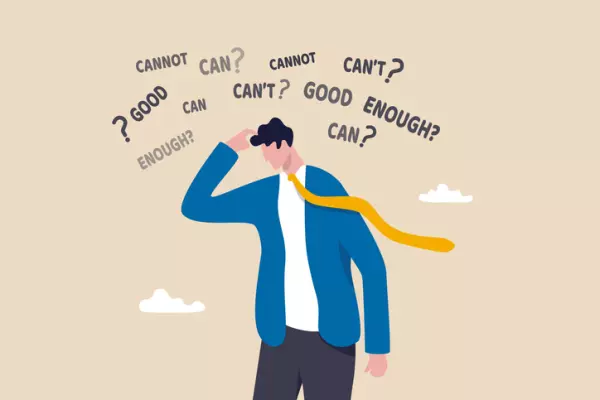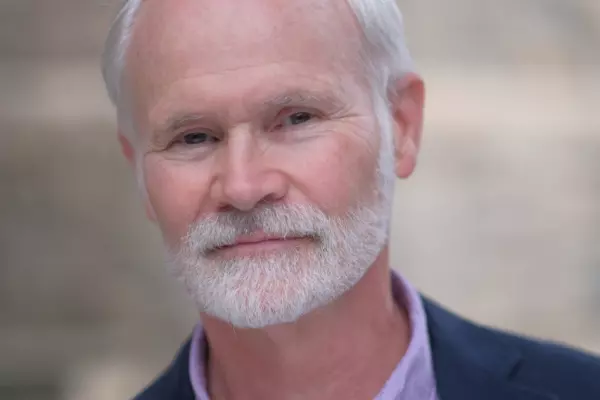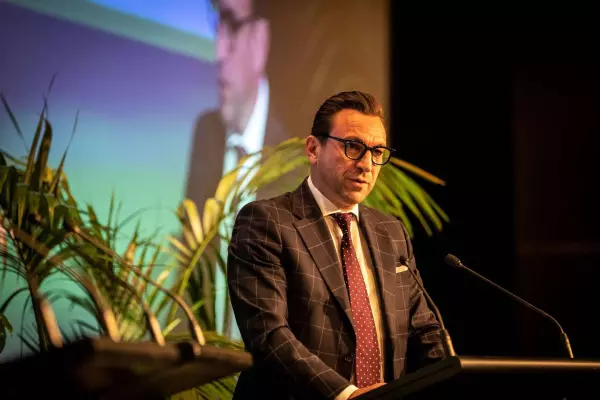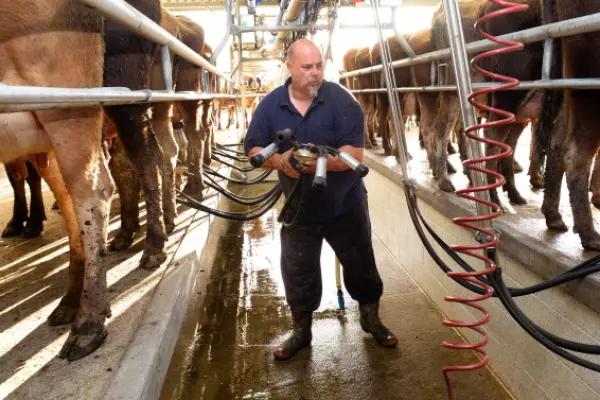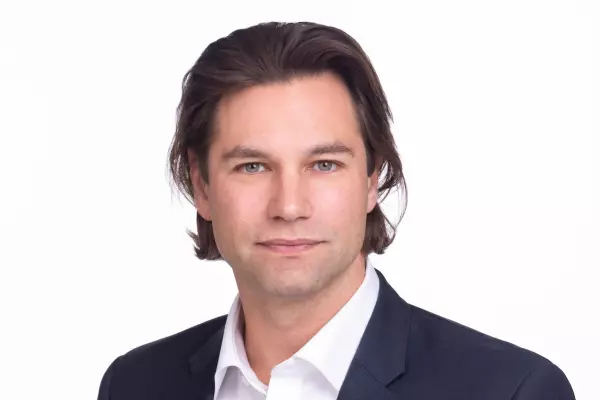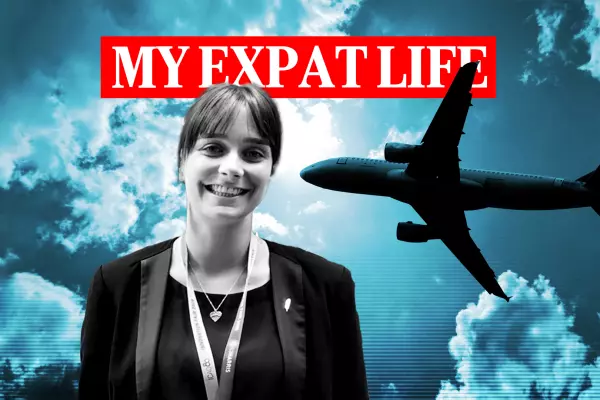Paul Dykzeul is by nature a gregarious and outgoing individual. But when he was based in Sydney, running the Australasian end of German-owned magazine publishers Bauer Media while his family stayed back in New Zealand, he came face to face with a new kind of loneliness. Working long hours for bosses who were even more demanding than he was left little time for regular and essential human interactions.
Finding anyone who could understand what he was doing, let alone how he felt about it, was a challenge, although it was not entirely novel.
“Even before this, when working for the Packer family [who owned the magazine titles prior to Bauer], I would try to sit down with James Packer and have a conversation,” says Dykzeul. “He had no concept of what you were talking about.”
There were weekly phone calls with his Bauer bosses in Europe. “They started at 7 in the evening and finished at 11, and you were bombarded the whole time. They would be saying, ‘Explain why you are keeping the motoring division going,’ and you were thinking, ‘How do I explain this to them?’ It needed a lot of work, which you had to get people to do without telling them why you wanted it done. You were looking for a way to keep it [the division], your people thought you might be expanding it, and you couldn’t say, ‘The Germans are thinking of closing it.’”
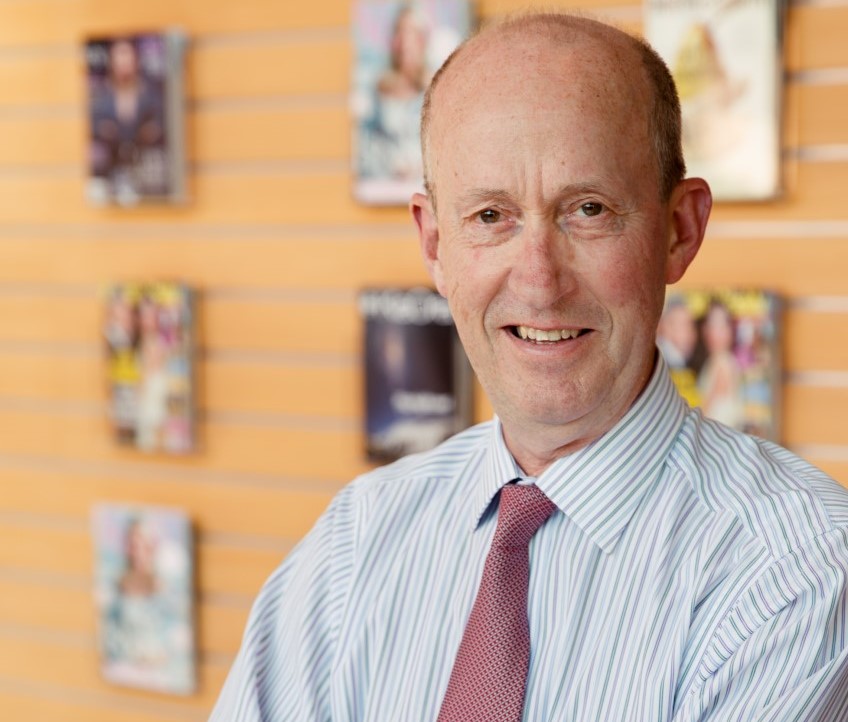 Former Bauer Australasia CEO Paul Dykzeul.
Former Bauer Australasia CEO Paul Dykzeul.
Chelsea Group CEO Diane Foreman says she has experienced a different kind of loneliness at the top. “I have never worked in a public company or invested anyone else’s money. I am making investment decisions about my own money every day. That is really lonely. People see the good side with the cars, overseas holidays and so on, but there is not a lot of sympathy or knowledge for the worrying and sleepless nights when you are the only one who can keep the show on the road. Nobody wants to share that.”
In fact, there is a lot you can’t share, which isolates you. “Often there is confidential stuff going on that affects multiple people,” says Foreman. “You may know more about a merger or acquisition than your CFO, because its outcome could potentially impinge on their future. You might be taking over an organisation that has someone better, and your ally will lose their job.”
Foreman has sold many businesses. “That’s when the loneliness is really there. You can’t tell anyone you are going to sell. You’d get panic at work, in the market, and you’d devalue your asset. And sometimes the business doesn’t sell so you have created mayhem for nothing and be left picking up the pieces of your own and your team’s shattered expectations. Sale processes are extremely lonely.”
With a problem this widespread, it is surprising that help hasn’t been more accessible. That seems to be changing.
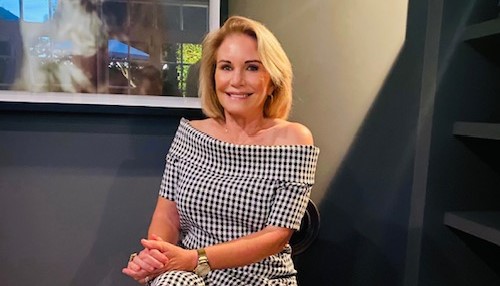 Chelsea Group CEO Diane Foreman.
Chelsea Group CEO Diane Foreman.
Nick Jonsson is a Singapore-based Swedish expat who nearly died of alcoholism because of the lack of emotional resources available to him. When he hit the wall, he took control, got himself all kinds of help, and today is a consultant and the author of Executive Loneliness: The 5 Pathways to Overcoming Isolation, Stress, Anxiety & Depression in the Modern Business World.
“I worked in a stressful senior management position,” says Jonsson. “I didn’t share the challenges I was facing, didn’t discuss anything.” In 2019, a friend and colleague died of suicide. “That triggered me to share more openly. I made a LinkedIn post, which went viral, then a radio station contacted me, and before I knew it there was a four-page feature in a Singapore newspaper. There is no way back once you’ve been on the news and social media.”
He wrote the book to answer his own question: Where can I get help? “It provides resources: Who should I talk to? Who should I ask? Many times, people who are suffering don’t want to go to HR because of the stigma. They want to look for themselves, and there is nowhere to find the help.”
There’s general agreement that the problem is worse for males.
“I was a typical man,” says Jonsson. “Many of the big decisions in my life, including resigning, and divorcing my wife after 13 years, I made by myself. They were not on the table to discuss with my golf buddies.”
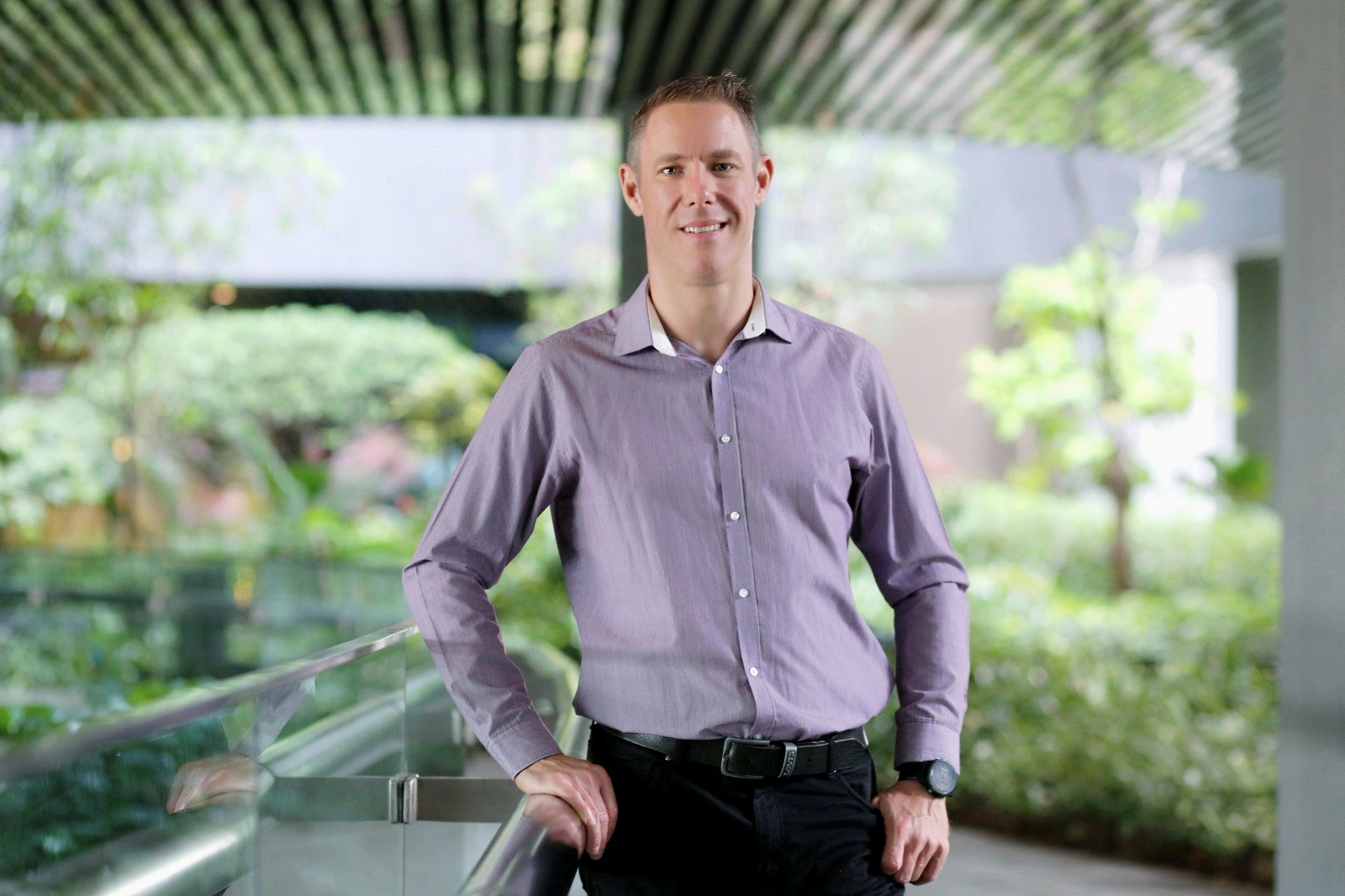 Consultant and author Nick Jonsson.
Consultant and author Nick Jonsson.
Foreman agrees that men and women have different approaches to problems. “A woman’s natural instinct is to talk. If a woman has a problem, she kneads it like bread. Men are very quick to give you a solution. A man will say, ‘Do this.’ A woman will say, ‘Let’s talk about it.’ My children complain that when they tell me what is going on with them, they want me to hear them, not give them a solution. Which I think is probably because I have spent my professional life mainly surrounded by men so my decision processing has become very male.”
She says at this level any relationship will have three parties. “My second husband was an amazing businessman. He said to me, ‘You will always be the second-biggest love of my life.’ I thought it was unromantic then, but looking back, he was right. The business has to come first because that is what makes your life together possible.”
Foreman says she has always sought help from peers. “I used to be vice-chairman of the Business Roundtable, and that was an amazing thing because not only did we try to promote good public policy, it gave me access to some of New Zealand’s top business people of the day. I became close friends with Doug Myers, Bill Day, Roger Kerr, Rob McLeod and many others, meaning I had access to senior leaders outside my business whom I could call for advice.”
She is also positive about the value of counselling. “In times of absolute stress, I see John McEwan, a business psychologist. I recommend him thoroughly. Some of the most senior people in New Zealand business are his clients.
Dykzeul says he and three other people have started a business called Weave. “The members are CEOs or GMs who meet once a month. We have a guest speaker, then a round table. People can talk about personal things and it’s all done with Chatham House rules.”
One of the biggest issues that comes up is loneliness. “We are trying to find a good speaker on it,” Dykzeul says. “We can get speakers about dealing with disruptive people, Bitcoin, integrating Māori culture into business, but we can’t get anyone to talk about loneliness.”
Jonsson says there’s a stigma to the phenomenon and the word itself. “If you admit you are lonely, what is wrong with you? Are you a criminal? That is a big challenge.”
He does presentations to a lot of companies. “They want to hear about resilience and the positive stories. There is fear around the topic of loneliness. They are not comfortable dealing with this.”
Like Foreman and Dykzeul, Jonsson is persevering. “When I was doing the book, the publisher said we should have a community for it, and I developed something called Leaders Anonymous, which is a community I am working on building now. And the people in it do similar things to you, but they are not your workmates. It is a safe place for people to share.”
He is also working in New Zealand with EGN (Executives’ Global Network), a confidential peer group connecting senior executives. “The things that might trigger you to feel lonely, you can deal with in a professional manner.”
It doesn't look like the stresses and strains of business leadership are going to get less any time soon. But it does look like people facing those pressures will no longer have to do it on their own.


